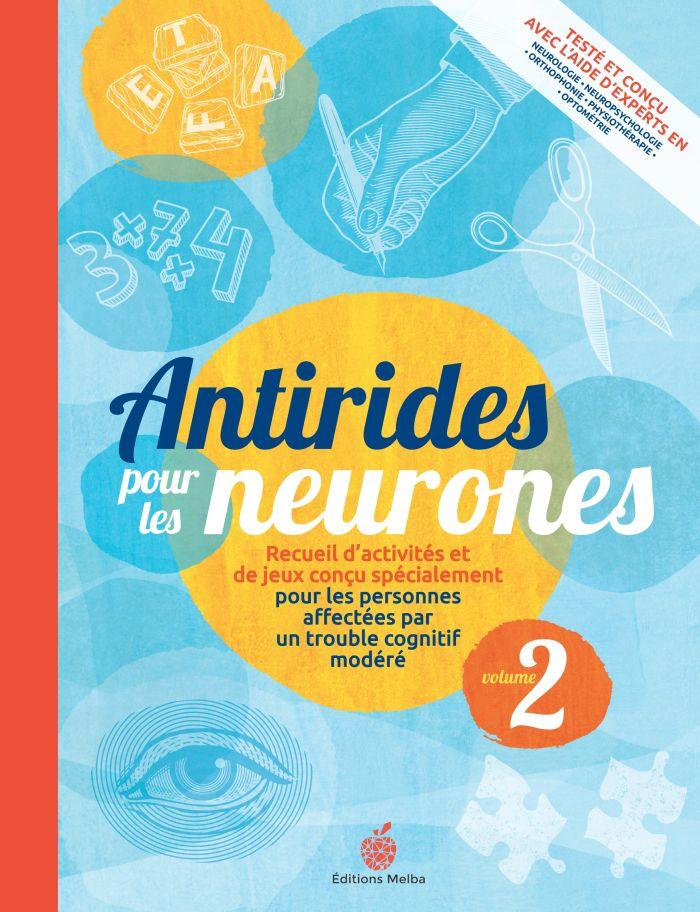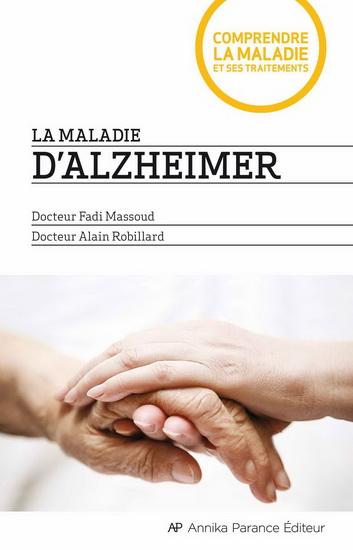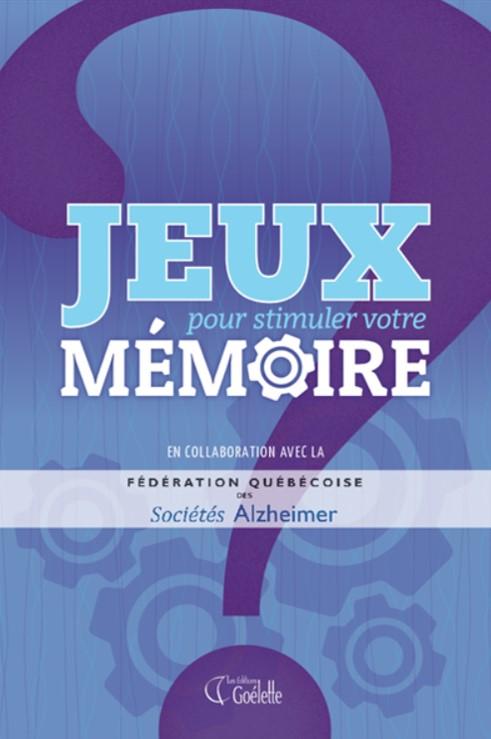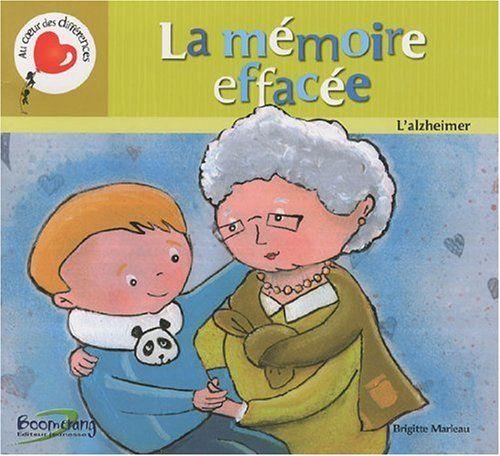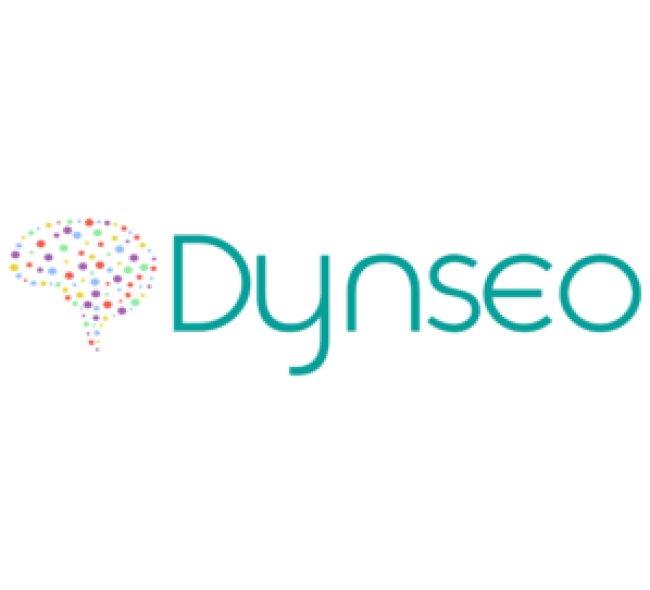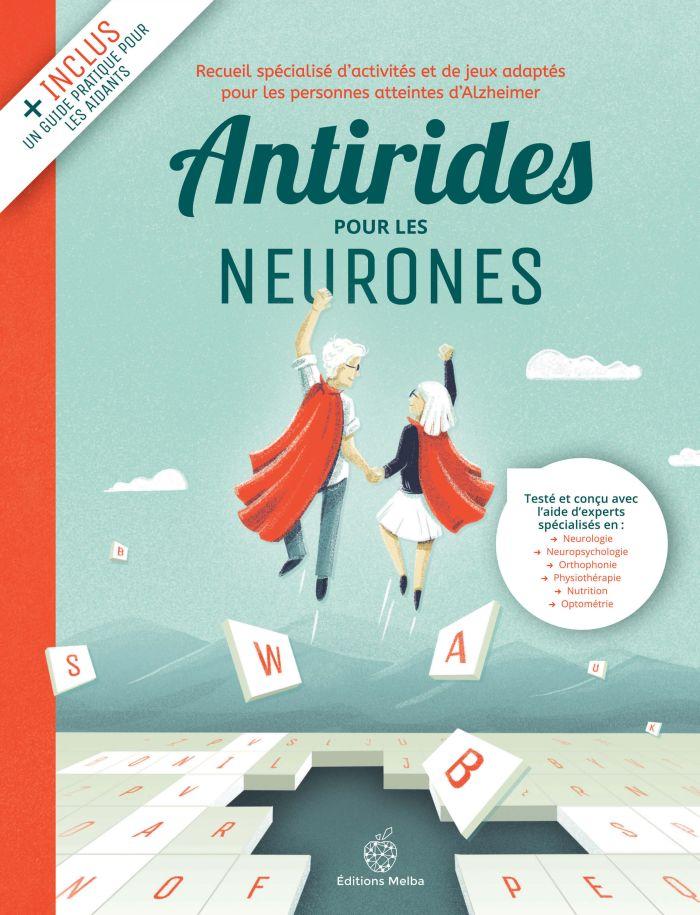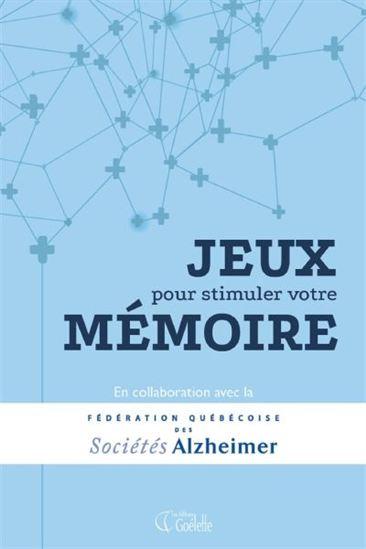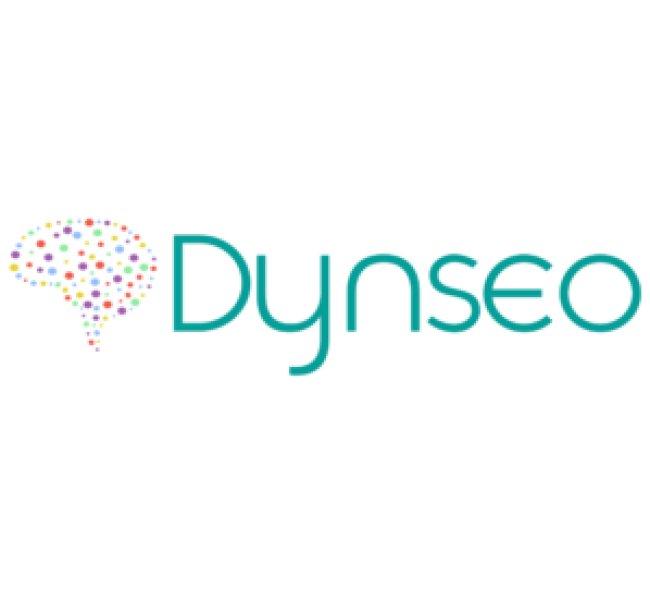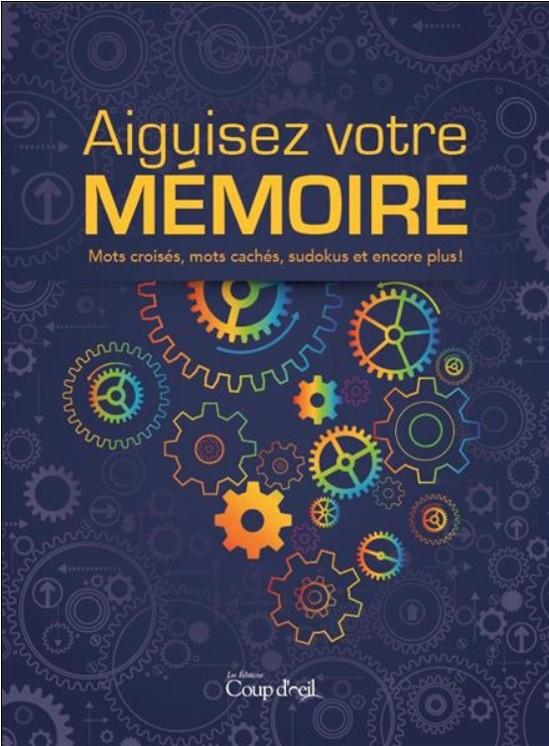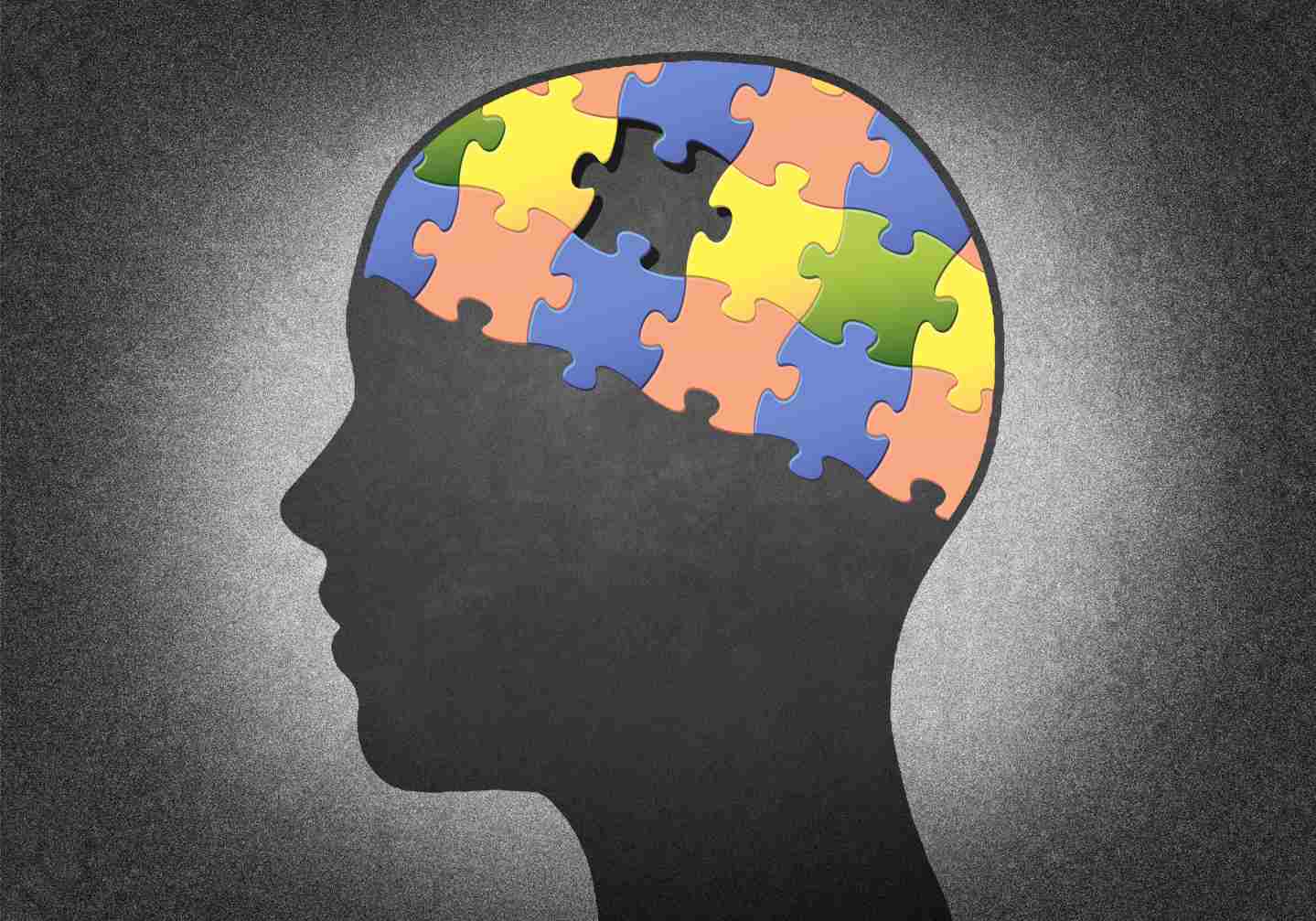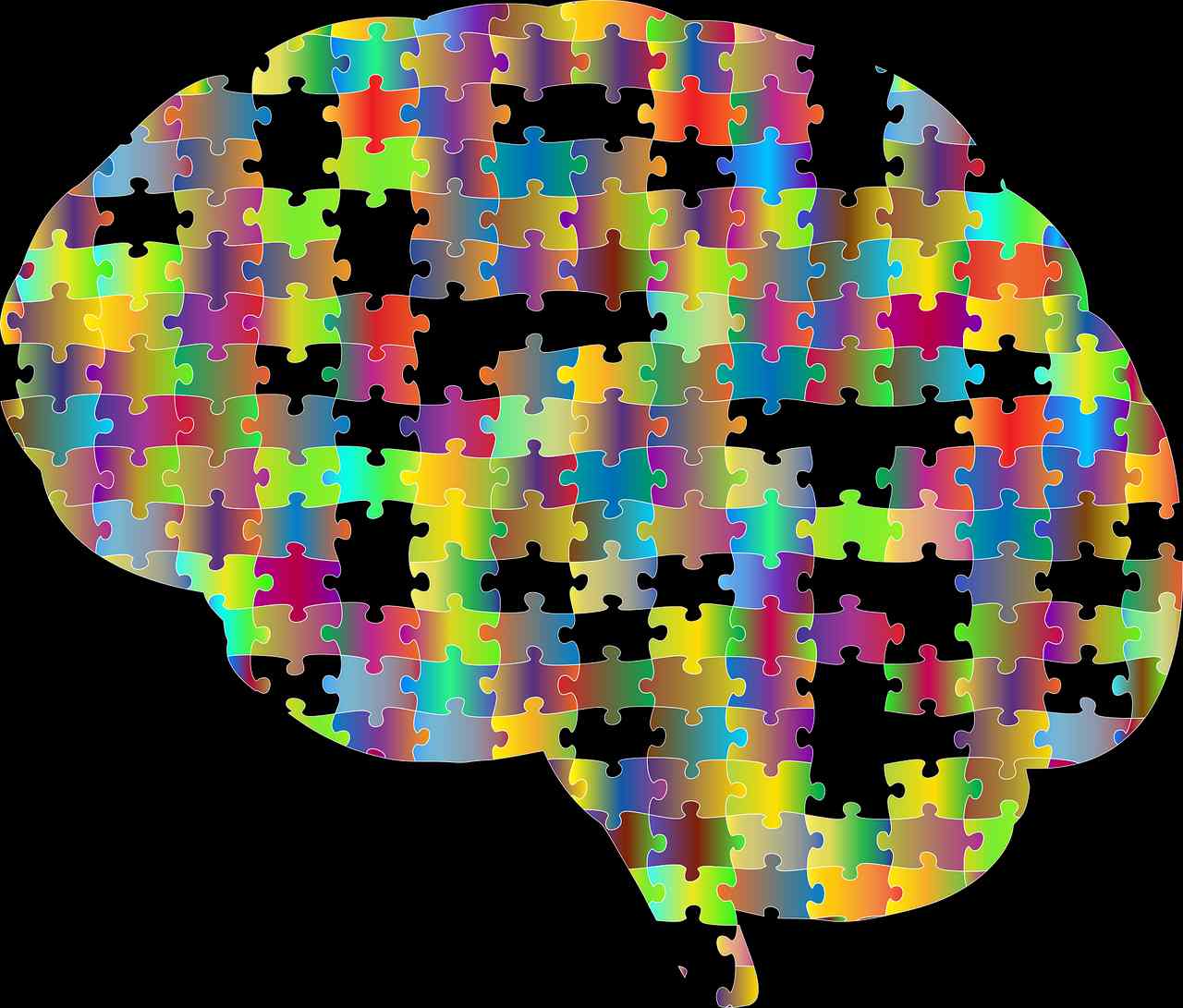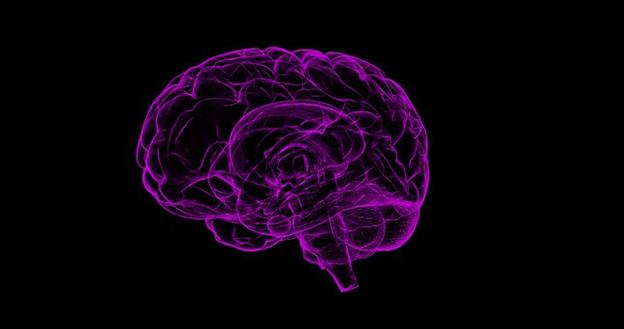
Our Brain: It Does More than Just Remember!
The brain is a fascinating organ! It allows human beings to accomplish so much. Yet, it is too often perceived as only the centre of memory. In this article, we describe the 6 cognitive domains the brain manages to better explain the impact of cognitive impairment on daily life.
We often consider memory to be the most important function of the brain. This explains why dementias – the diseases that affect all of the brain functions – are commonly referred to as diseases of “memory”. But the brain is much more than memory! Indeed, dementia does not affect memory only, it can affect all cognitive domains.
What are these cognitive domains? Because the brain is complex, there are many ways to categorize its functions. The one used by the American Psychiatric Association identifies the following six cognitive domains: 1) memory and learning, 2) language, 3) executive functions, 4) complex attention, 5) social cognition, and 6) perceptual and motor functions.
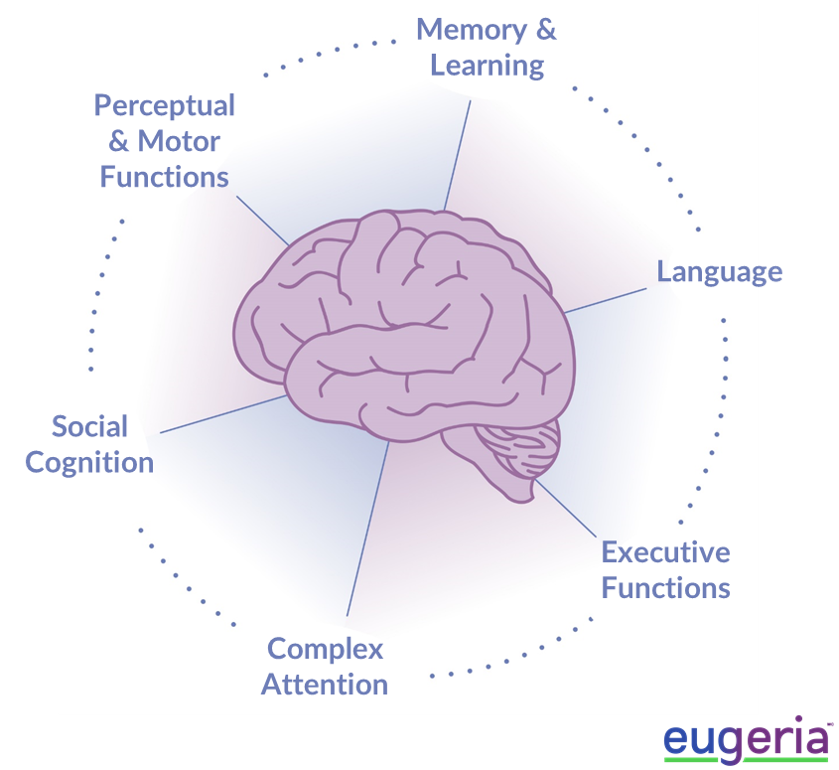
The 6 cognitive domains and the area of the brain managing them
Even though we rarely notice the workings of some of them, all cognitive domains are necessary for optimal daily functioning. As such, these cognitive domains are the basis of cognitive assessments done by physicians and neuropsychologists, since different types of dementia affect different cognitive domains. To get a clearer picture, the following is a short description of each of the six domains.
1. Memory and Learning
The brain allows us to record information (facts and events) and to retrieve it. The memory of facts is called semantic memory and the memory of events is called episodic memory. While it is normal to have a slight decrease in information retrieval with aging, it should never have a significant impact on our daily life. In Alzheimer’s disease, it is memory above all that declines among the six cognitive domains.
2. Language
Language is a distinctive characteristic of human beings. Communicating through writing, reading, or speaking requires a brain in good shape! Naming objects, finding one’s words, understanding the meaning of words, and using grammar call for areas of the brain different from those used for memory and learning. Some forms of dementia primarily affect language (such as the language variants of frontotemporal dementia – also known as progressive primary aphasias).
3. Executive Functions
Executive functions refer to high-level operations that are needed to plan, make decisions, respond to our external environment, and move from one task to another. Put more simply, the executive functions are like the conductor who organizes our thoughts and our actions. Some dementias, such as vascular dementia, alter executive functions more than memory.
4. Complex Attention
Sometimes, the decline of cognitive functions is made apparent by attention or by the lack of it. We do not think about it often, but staying focused, especially when there are multiple distractions and parallel tasks, requires a lot of work. Complex attention will often decline in dementia.
5. Social Cognition
Socializing is fundamental to human functioning. It is not our heart, but our brain which is the seat of our ability to interact with others. In behavioral frontotemporal dementia, the neurons responsible for empathy, motivation, and recognition of emotions degenerate. This can unfortunately result in a profound change in behavior and personality.
6. Perceptual and Motor Functions
Our brain usually works in autopilot mode, so it is easy to forget that visual perception and coordination of our actions are complicated tasks! When we recognize objects and manipulate them, our brain is constantly organizing the signals sent by our senses (ex. vision or touch). This organizational capacity, known as perceptual and motor functions, often deteriorates in the context of dementia.
Key Takeaways
The brain has yet to reveal all of its secrets and it is difficult to summarize in a few words just how complex it is. But keep in mind that the brain takes care of much more than memory. You’ll be better equipped to understand the multiple consequences of dementias. These are, unfortunately, diseases that affect much more than “memory”.


